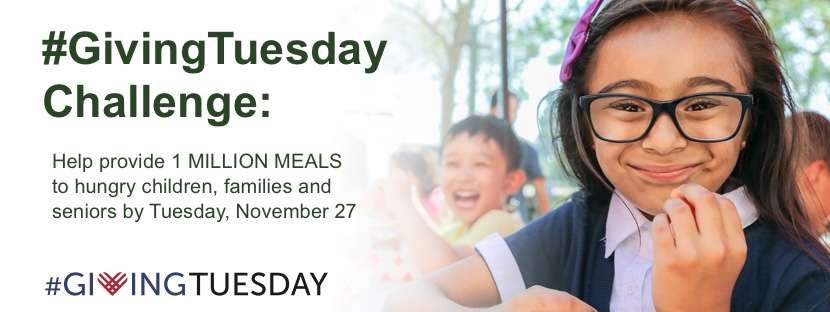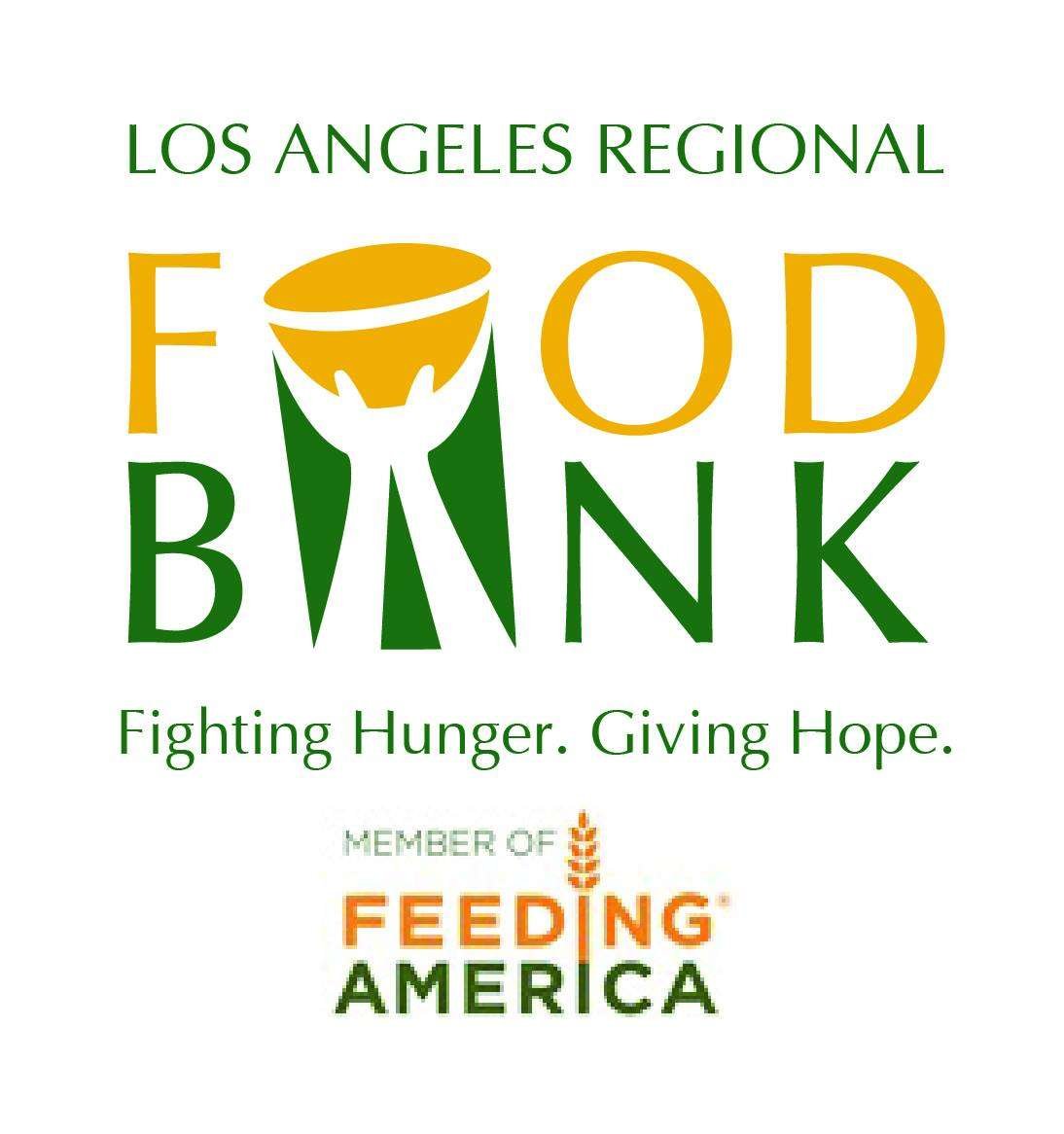Since 1973, the Los Angeles Regional Food Bank has worked to mobilize resources in the community to alleviate hunger.
The Mission of the Los Angeles Regional Food Bank is to mobilize resources to fight hunger in our community.
To fulfill our mission, we source and acquire food and other products and distribute them to needy people through charitable agencies or directly through programs; conduct hunger education and awareness campaigns and advocate for public policies that alleviate hunger; and energize the community to get involved and support hunger relief.
Our Vision is that
no one goes hungry in Los Angeles.
Since 1973, the Los Angeles Regional Food Bank has distributed more than 1 billion pounds of food.
The Food Bank collects food from hundreds of resources. With the help of 30,000 volunteers annually and an agency network of more than 650 partner agencies, we serve more than 300,000 people on a monthly basis.
You can help fulfill the mission of the Los Angeles Regional Food Bank when you donate today.
Ninety-seven percent of revenue raised goes directly to programs.
Our Priorities
- Supporting legislation and policies that reduces hunger including supporting policies that provide:
- Adequate funding and good administrative policies for CalFresh (Supplemental Nutrition Assistance Program, previously called Food Stamps). This program offers nutrition assistance to millions of eligible, low income individuals and families and provides economic benefits to communities.
- Adequate funding and good administrative policies for The Emergency Food Assistance Program. Through this program, the Food Bank distributes USDA commodities to food pantries and other distribution sites provide grocery bags of food to low-income families and individuals based on income guidelines.
- Adequate funding and good administrative policies for Commodity Supplemental Food Program. This program works to improve the health of low-income elderly people at least 60 years of age by supplementing their diets with nutritious USDA Foods.
- Adequate funding and good administrative policies for Child and Adult Care Food Program, also called the Kids Café program. This program addresses the needs for both proper nutrition and quality day and after school care in low-income communities. At each Kids Cafe site, healthy meals and snacks are served to needy children in a safe, nurturing environment.
- Regulations that allow food pantries to distribute food (within safety standards).











